
The e-folding chemical lifetime of methane in the atmosphere to
Download scientific diagram | The e-folding chemical lifetime of methane in the atmosphere to chemical loss in the year 2050 in RCP8.5 and for scenarios S630, S1250, and S1880 (left axis) Note that this is a different time period (2050) than in Fig. 1 (2030). The relative contribution of tropospheric OH, tropospheric chlorine, and other chemical loss pathways to the global integrated CH4 lifetime is represented by the fraction of the bar from each source. The crosses indicate the fraction of the loss of CH4 from tropospheric chlorine (right axis). More than 630 Tg/year of additional molecular chlorine emissions are needed to make tropospheric chlorine the dominant loss pathway of CH4. The temporal variations of each CH4 loss and lifetime channel are shown in Fig. S5 and S6. from publication: Global environmental implications of atmospheric methane removal through chlorine-mediated chemistry-climate interactions | Atmospheric methane is both a potent greenhouse gas and photochemically active, with approximately equal anthropogenic and natural sources. The addition of chlorine to the atmosphere has been proposed to mitigate global warming through methane reduction by increasing its | Methane, Chlorine and Atmosphere | ResearchGate, the professional network for scientists.

NASA GISS: NASA News & Feature Releases: Methane Explosion Warmed the Prehistoric Earth

Total calculated temperature trends for 1980–2000, as adopted from
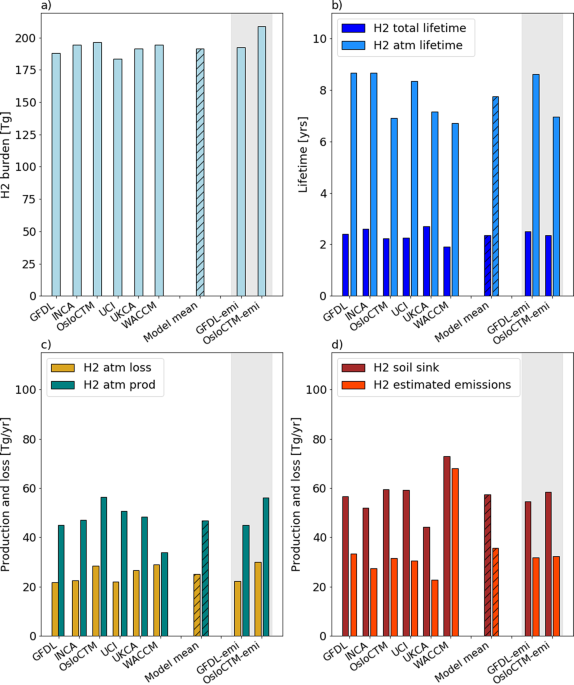
A multi-model assessment of the Global Warming Potential of hydrogen

Experiments show methane formation in water may have warmed early Earth
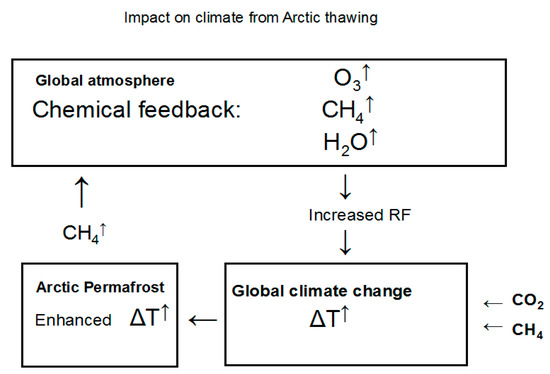
Atmosphere, Free Full-Text

Douglas E. Kinnison's research works
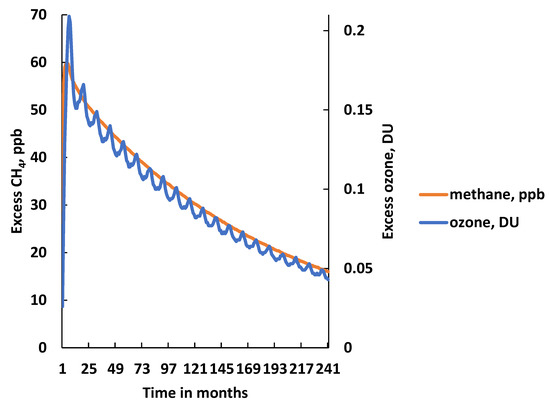
Atmosphere, Free Full-Text
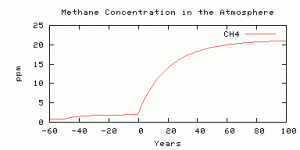
RealClimate: An online model of methane in the atmosphere

PDF) Global environmental implications of atmospheric methane

Thomas RÖCKMANN, Professor (Full), PhD
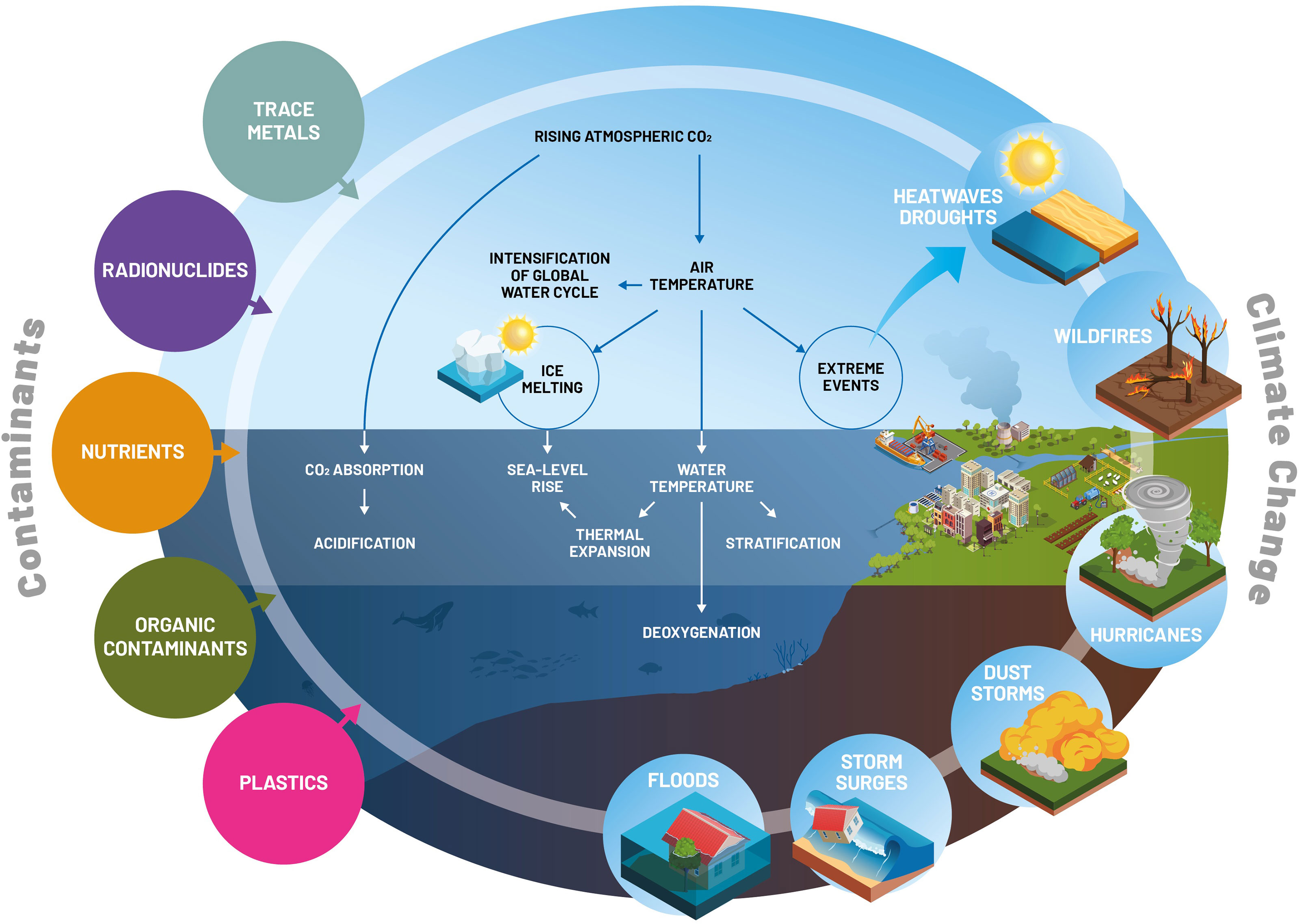
Frontiers Emergent interactive effects of climate change and contaminants in coastal and ocean ecosystems

Thomas RÖCKMANN, Professor (Full), PhD

Natalie M. Mahowald's research works

Self-folding origami machines powered by chemical reaction









